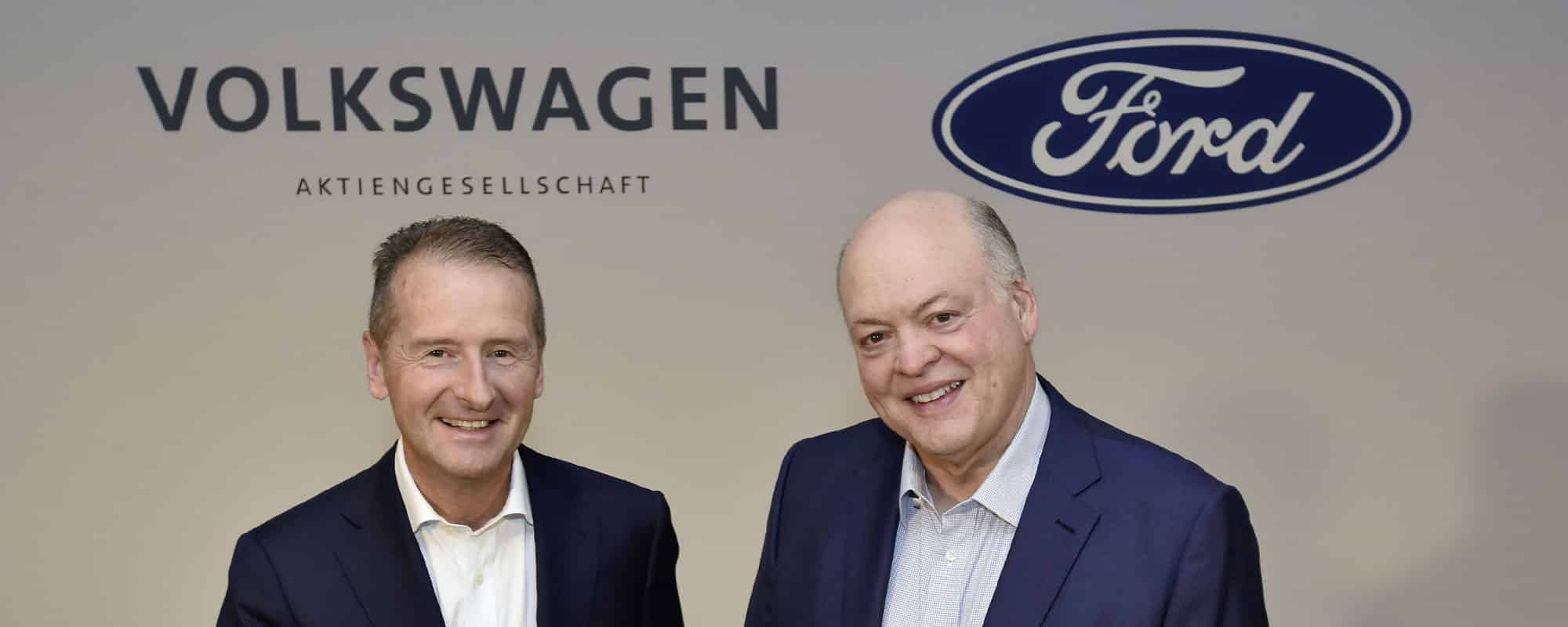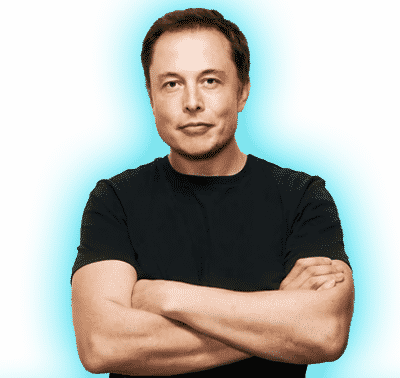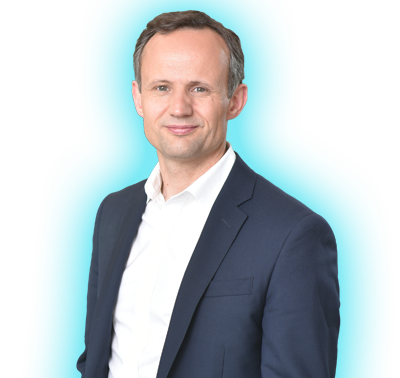

INTERVIEW WITH VOLKSWAGEN CEO HERBERT DIESS
Volkswagen and Ford intensify their strategic alliance. In an interview, Volkswagen’s CEO explains the Group’s three strategic goals.
At a glance – which goals are we pursuing with the expansion of the Ford Alliance?
Herbert Diess: We are expanding our alliance with Ford with three strategic goals in mind. Firstly, we want to establish MEB as the industry standard for electric vehicles. Secondly, we want to become the market leader for light commercial vehicles and mid-size pickups. And thirdly, we want to participate in the rapidly growing market for mobility services. Once the vehicles are autonomous, many new business opportunities will open up.
Together, Ford and Volkswagen sold around 16.7 million vehicles in 2018. This gives us great leverage and significant economies of scale. And size makes a difference – both in electric mobility and in autonomous driving. Together we can seamlessly serve global markets and better utilize our automotive plants to optimize the supply chain. Ford is also a good geostrategic complement for us. This will strengthen our presence in the USA.
How will Ford use the MEB and why is that so significant?
Ford will use Volkswagen’s electric vehicle architecture and modular electrical construction kit to manufacture at least one emission-free vehicle for European customers in mass production from 2023. We have agreed to supply 600,000 MEB platform systems including battery packs and other components. In addition, we are currently discussing a completely new supply contract for a second vehicle. This could almost double the supply of our MEB platforms to Ford.
This will help us to expand electric mobility even faster. At Volkswagen alone, we intend to produce around 15 million vehicles on the MEB in the next ten years. Volkswagen is already developing and producing 27 different models on the MEB platform in the first wave. By 2028 there will be almost 70 models.
What are the advantages of our alliance in the field of light commercial vehicles and pickups?
Our alliance makes us the market leader in light commercial vehicles and pickups – with significant economies of scale. This cooperation alone generates synergies of several hundred million euros. We are well on schedule to develop commercial vehicles and pickups for both brands from 2022.
Why are we joining forces in the field of autonomous driving?
Especially with self-driving systems, the entire industry faces the same challenges: high development costs, a lack of global standards, the necessity of high-quality sensor technology, the anticipation of customer requirements and the search for talent to make the whole thing possible. If we share the necessary investments, we can better manage the high costs of developing software and hardware for autonomous vehicles. We expect synergy effects of several hundred million dollars.
Our cooperation will also facilitate the development of common test criteria and global standards for autonomous vehicles and cooperation with regulatory authorities worldwide. This will improve our opportunity to establish our SDS-kit as one of the leading technical platforms of the future.


What is our investment and what exactly does Argo AI bring in?
With our joint investment in Argo AI, we are securing superior engineering expertise for ourselves. We gain access to a world-class talent pool of SDS developers and intellectual property, while Argo AI receives the funding it needs to drive technology leadership in self-driving systems.
In return for our acquisition, Argo AI will receive 500 million dollars in cash, equivalent to Ford's previous investment. We have also committed another 1 billion dollars in financing and are contributing our existing Audi Autonomous Intelligent Driving (AID) unit to Argo AI. However, Ford and Volkswagen will then pursue independent plans to launch Autonomous Driving and produce their own vehicles.
What do we expect in return?
Here, too, we expect significant economies of scale. Our investment shortens the time-to-market and significantly increases Argo AI’s market potential. The CEO of Argo AI, Bryan Salesky, is a former Google manager. He has built a strong team of SDS developers who will help us meet the challenges of autonomous driving. Argo AI's expertise includes robotics, machine learning, computer vision, sensors, computer and vehicle integration. They also have the necessary experience for commercialization. It fits perfectly.
With Argo AI's software developers, we will analyze the huge amounts of data required to understand region-specific driving behavior, road objects, and unique conditions in different locations. This will allow us to develop region-specific market solutions. Argo AI is currently testing in five cities: Detroit, Palo Alto, Pittsburgh, Washington D.C. and Miami. The plan is to add another US city this year and expand to Europe next year.
But all this is only the beginning! I am confident that together we can offer reliable, safe and comfortable services for autonomous driving. Intelligent services that consumers and businesses alike want to use to move people and goods. The potential is very promising!












